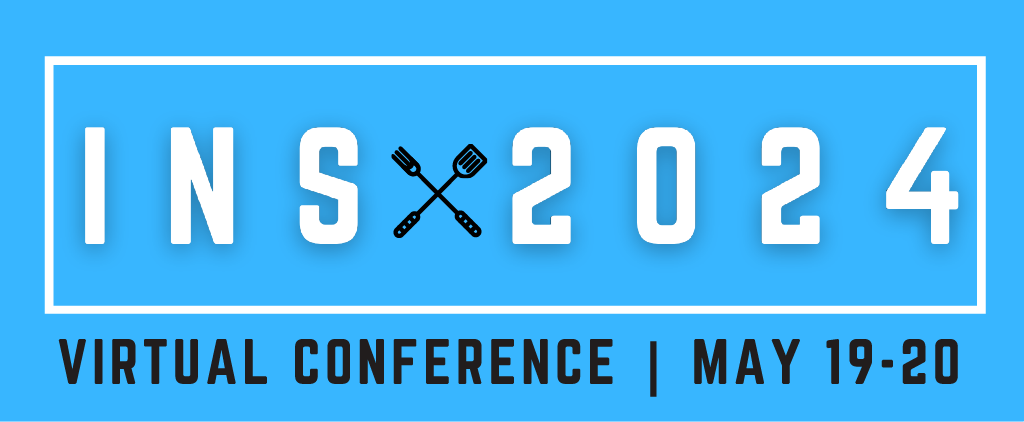
Learning Center
Identifying and Managing Infusion-Related Hypersensitivity Reactions (HSRs) to Antineoplastics [virtual]
Chemotherapy-induced hypersensitivity reactions (HSRs) represent the third leading cause of fatal drug-induced anaphylaxis in the United States. An estimated 23 million adult patient visits occur annually for cancer treatment in the United States, and approximately 19 million of those visits (84%) are delivered in ambulatory settings. By 2050, the number of cancer cases is expected to double, thereby increasing the use of antineoplastic drugs. Anaphylaxis is life-threatening and early recognition and intervention are key. Delayed biphasic anaphylactic reactions can occur after initial exposure in as many as 20% of patients. This session will provide an overview of chemotherapy-induced HSRs and present the latest evidence on prevention and treatment.
Learning Objectives: At the conclusion of this session, participants will be able to:
- Describe the pathophysiology of infusion-related HSRs to chemotherapy and immunotherapy agents.
- Explain strategies for prevention of infusion-related HSRs.
- Discuss evidence-based guidelines for the management of Infusion-related HSRs.
Contact Hours: 1
CRNI® RUs: 2
MiKaela M. Olsen, DNP, APRN-CNS, AOCNS®, FAAN
Clinical Program Director for Oncology
Johns Hopkins Hospital and the Johns Hopkins Health System
MiKaela M. Olsen, DNP, APRN-CNS, AOCNS®, FAAN, serves as the Clinical Program Director for Oncology at Johns Hopkins Hospital and the Johns Hopkins Health System. In this role, she partners with oncology nurse leaders, physician leaders, and frontline clinical staff to advance best practices and ensure seamless coordination of care across the health system. She also works closely with oncology service line leadership to align core competencies and harmonize standards of care throughout the Johns Hopkins Cancer service line.
Dr Olsen holds academic appointments as Adjunct Faculty at the Johns Hopkins School of Nursing and Faculty Associate at the University of Maryland School of Nursing.
She co-chairs the Johns Hopkins Health System Venous Access Device Committees and the central line-associated bloodstream infection (CLABSI) Reduction Committee. Additionally, she is the lead editor of the Chemotherapy and Immunotherapy Guidelines and Recommendations for Practice, 2nd Edition (2023) and the Safe Handling of Hazardous Drugs, 4th Edition (2024). Dr Olsen is the co-chair of the American Society of Clinical Oncology/Oncology Nursing Society (ASCO ONS) Antineoplastic Administration Standards (2025). Her scholarship includes numerous publications and presentations on the safe handling of hazardous drugs and the occupational risks faced by health care workers, antineoplastic drug administration and side effect management, central vascular access devices, and prevention of infection.
As an instructor and consultant, Dr Olsen has shared her expertise internationally, traveling to Singapore, the UAE, China, Bulgaria, and Japan to strengthen nursing education in oncology and to raise global awareness of hazardous drug exposure risks and safe handling practices.
